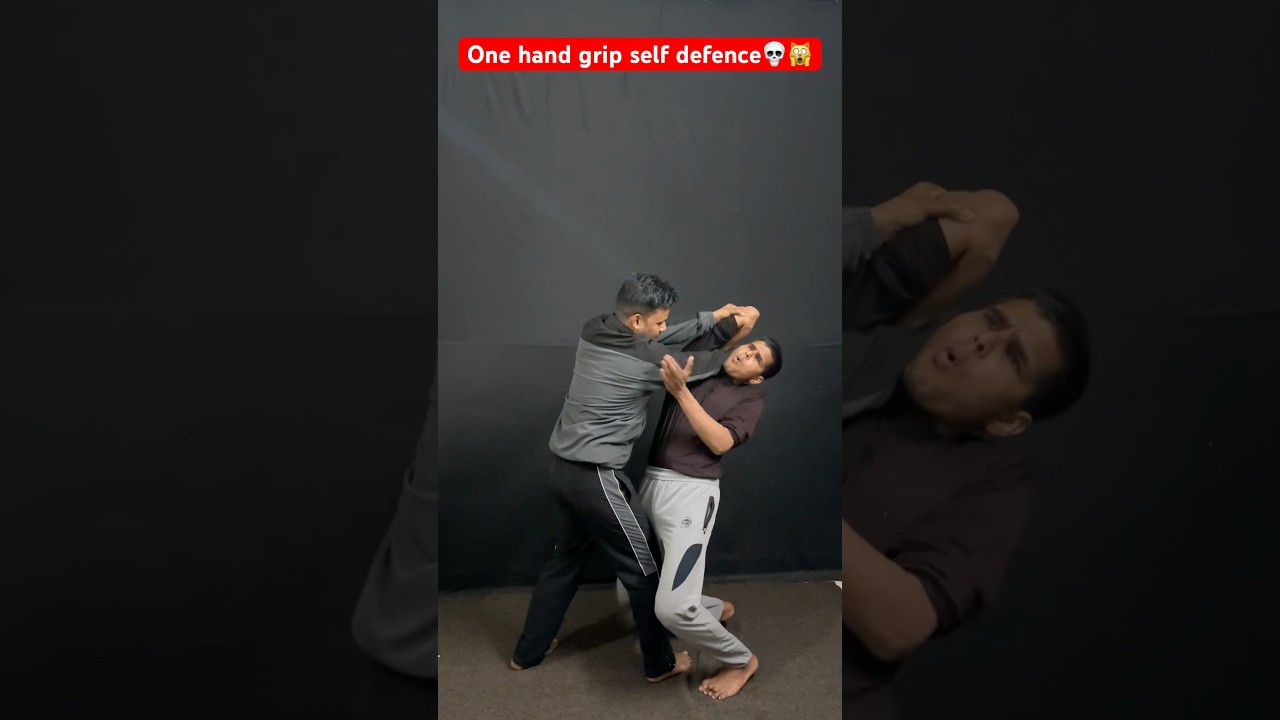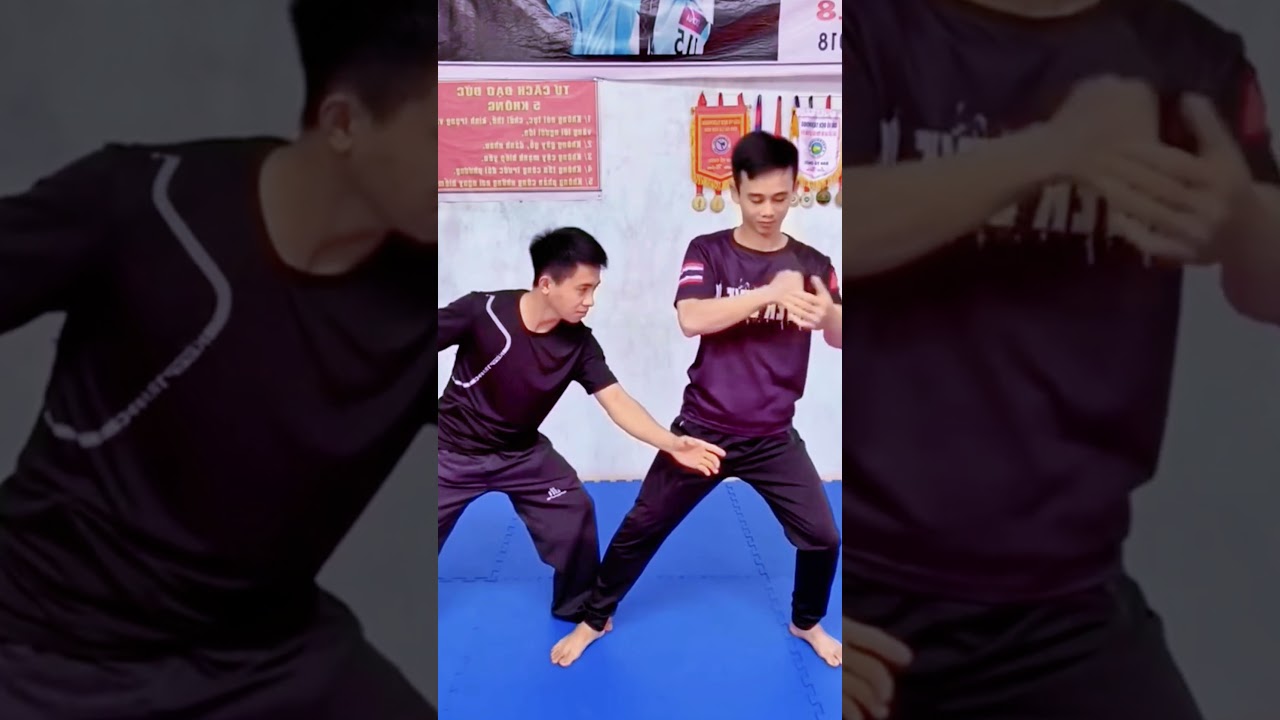Womens Self Defense
Debunking Myths and Misconceptions about Judicial Self-Defense

Judicial self-defense is a concept that has been surrounded by myths and misconceptions for years. Many people believe that judges should not defend themselves, as it goes against their role as impartial arbiters of the law. However, this belief is not only incorrect but can also be dangerous. In this article, we will debunk some of the common myths and misconceptions about judicial self-defense.
Myth #1: Judges cannot defend themselves
One of the most common myths about judicial self-defense is that judges are not allowed to defend themselves physically or verbally. This myth is based on the belief that judges should remain impartial and detached from the cases they preside over. However, judges are human beings first and foremost, and they have the same right to self-defense as anyone else.
In fact, judges have the legal right to defend themselves in the face of threats or violence. The Code of Judicial Conduct allows judges to take appropriate steps to protect themselves, their staff, and courtroom participants. This can include calling security or law enforcement, using physical force to defend themselves, or even carrying a weapon for self-defense.
Myth #2: Judicial self-defense is unethical
Some people believe that judges should not defend themselves because it compromises their impartiality and undermines the integrity of the judiciary. This myth is based on the mistaken belief that judges must always remain passive and neutral, even in the face of physical harm. However, this belief is not only unrealistic but also dangerous.
Judges have a duty to protect themselves and the people in their courtroom. If a judge is threatened or attacked, they have a legal and ethical obligation to defend themselves and others. Failing to do so could result in serious harm or even death. By protecting themselves, judges are not only safeguarding their own lives but also upholding the rule of law and ensuring the safety and security of everyone in the courtroom.
Myth #3: Judicial self-defense is a sign of weakness
Another common misconception about judicial self-defense is that it is a sign of weakness or incompetence. Some people believe that judges who defend themselves are unable to control their emotions or handle difficult situations. However, this belief is not only unfair but also inaccurate.
Judges are trained professionals who are responsible for maintaining order and decorum in the courtroom. If a judge is threatened or attacked, it is not a sign of weakness to defend themselves. On the contrary, it demonstrates strength, courage, and a commitment to upholding the law and protecting the people in their courtroom.
In conclusion, judicial self-defense is a legal and ethical right that judges have when faced with threats or violence. Debunking the myths and misconceptions surrounding this issue is crucial to ensuring the safety and security of judges, court staff, and courtroom participants. By understanding the truth about judicial self-defense, we can support judges in fulfilling their duty to administer justice and maintain the rule of law.
Womens Self Defense
One hand grip self defence techniques#shorts💯☠️🙀#roadfight#short

One hand grip self defence techniques#shorts ☠️ #roadfight#short https://www.youtube.com/@Vipin_Kumar_90 . Related …
source
Womens Self Defense
How State Laws Impact Your Right to Defend Yourself

In the United States, the ability to defend oneself is a fundamental right. However, the extent to which individuals can exercise this right is largely determined by the state laws that govern self-defense. These laws vary significantly from state to state, and understanding them is crucial for anyone interested in protecting themselves in the event of a threat.
One of the key factors that determine the right to self-defense in each state is the concept of stand your ground laws. Stand your ground laws allow individuals to use lethal force in self-defense without having a duty to retreat first. In states with stand your ground laws, individuals have the right to defend themselves with force if they reasonably believe that they are in imminent danger of death or serious bodily harm. However, some states impose limitations on the use of deadly force, such as requiring individuals to first attempt to retreat before resorting to self-defense.
Another important consideration in determining the right to self-defense is the Castle Doctrine. The Castle Doctrine allows individuals to defend themselves in their homes, vehicles, or other places where they have a legal right to be, without a duty to retreat. This doctrine is based on the idea that individuals have a right to feel safe and secure in their own spaces and should be able to protect themselves without fear of legal repercussions.
Additionally, some states have specific laws governing the use of force in defense of others. In these states, individuals may be able to use lethal force to defend another person if they believe that person is in danger of serious harm or death. However, the laws surrounding defense of others can be complex and vary widely from state to state, so it is important to familiarize oneself with the laws in their specific state.
It is also worth noting that state laws on self-defense can affect the legal consequences of using force in self-defense. In some states, individuals who use force in self-defense may be immune from civil liability or criminal prosecution, while in others, individuals may still face legal repercussions even if they were acting in self-defense. Understanding the laws in your state can help you make informed decisions and protect yourself effectively in dangerous situations.
In conclusion, state laws play a crucial role in determining the extent to which individuals can exercise their right to self-defense. It is important to familiarize yourself with the laws in your specific state to understand your rights and obligations when it comes to protecting yourself and others. By being informed and prepared, you can effectively defend yourself in dangerous situations and ensure your safety and security.
Womens Self Defense
[02] Women’s self-defense techniques when their arms are pulled #shorts #kravmanga #vothuat

You are walking and a stranger grabs your hand and pulls you, here is a simple and effective self-defense technique. With a deep …
source
-

 Womens Self Defense9 months ago
Womens Self Defense9 months agoNew Legislation Empowers Women to Defend Themselves
-

 Self Defense News1 year ago
Self Defense News1 year agoShe was convicted of killing her abusive boyfriend. Now a Maple Grove woman is home awaiting a new trial.
-

 Self Defense News1 year ago
Self Defense News1 year agoSelf-Defense for All: The new Gracie Jiu-Jitsu Pasadena is for everyone | Online Features
-

 Womens Fitness1 year ago
Womens Fitness1 year agoXtreme Bodyweight HIIT (Lots of Jumping!) | Joanna Soh (Fio Series)
-

 Womens Self Defense1 year ago
Womens Self Defense1 year agoTop 5 Self-Defense Techniques Every Woman Should Know
-

 Womens Self Defense6 months ago
Womens Self Defense6 months agoUnderstanding State-by-State Variation in Self Defense Laws
-

 Womens Preparedness1 year ago
Womens Preparedness1 year ago10 essential skills for surviving in the great outdoors
-

 Self Defense News1 year ago
Self Defense News1 year agoBRPD offering free self-defense classes for women





